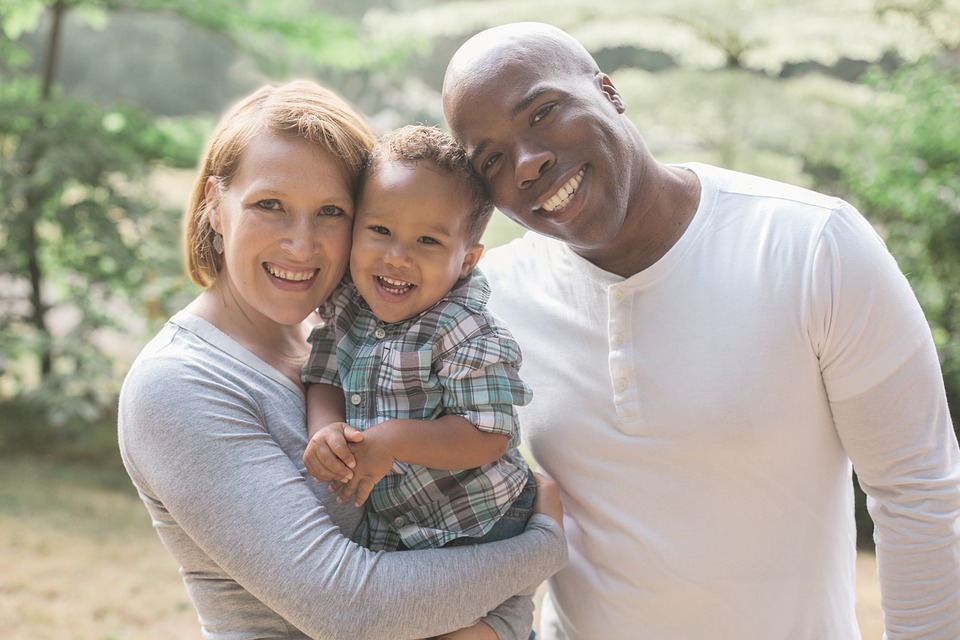2) How have you approached spiritual formation in your family that is balanced between legalism and “letting them find their way”?
Tonya: As a home school mom I was with my kids A LOT! So walking the talk was important to me. I’m FAR from perfect, but always tried to live out what I spoke out. We took flak at times from church friends for allowing our boys to play hockey. They played high levels which required a lot of travel, causing us to miss some Sundays and many holidays. If we didn’t allow them to play at these times, they’d be released from the team. We questioned if we took away something they loved in the name of God, who would they despise? Instead we chose to teach them their relationship with the Lord is more than a Sunday thing. We wanted them to know God was always with them; in the locker room, on the ice, caring about every aspect of their life and character.
I also had the opportunity to teach my kids about the Lord through home school classes. I used Apologia class materials on “Who is God and How Can I Really Know Him” as well as classes on the “Life of Christ”, “World Religions”, etc. When they were younger I used many different devotionals, especially liking the ones by Lee Stroebel.
Mark: I’m putting myself in your shoes, Tonya, with that ‘do we/don’t we’ on Sunday activities. We also had the chance to put one of my boys in competitive ice hockey. For a couple of reasons, we pulled back. Growing up, I couldn’t do things on Sundays. So there were a few baseball tournaments that my parents took flak from the team for missing, not from the church. So I can see it from the other side. It all comes down to what’s in the heart. Man looks on the outside; God looks at the heart. There’s no one that knows your relationship with God more than you. The externals flow out of that relationship, but they don’t define it. The other piece you alluded to, Tonya, is allowing our kids to own it. “Here’s our choice and our desire for you, but ultimately you’ve got to own it.”
Tonya: Right Mark, it’s not about religion, it’s about relationship. Jesus wants to have a relationship with us, which requires an investment of our time. The externals of reading Scripture, spending time talking with the Lord flow out of a desire for relationship more than a rule to follow. That’s how you get to know Him, how to learn to hear His voice. We want our boys to understand relationship with Christ. We were protective parents but we wanted to also give them enough room to make some mistakes, so we could teach them how to recover. If we never give them the opportunity to mess up and then recover from their mistakes while in our home, how will they know how to recover when out on their own?
Mark: At the risk of sounding too critical, I think the Christian community has maybe placed too much sacredness on traveling into the four walls of a church rather than being the church in our activities. No doubt there is a balance, but there can be a powerful witness and testimony from two grounded and committed teenage boys on a sheet of ice. Playing a game that is honoring and consistent with how they live in other parts of their life.
Tonya: Yes, we need Christian kids and adults in all areas of life. As parents, we too had a mission field with the other parents and coaches of the team. One morning, while at an out of town tournament, I found myself sitting across the table from the coach. Before I knew it we were deep in conversation about the Lord. God was working in that coach’s life. During that season he started leading the team in prayer at the end of practices and before games.
John: Mark, as you were talking about externals, one thought came to me of how legalistic thinking is highly conditional versus unconditional. How do we help our family members understand unconditional relationship versus conditional relationship? The thought is, “Are you going to church or are you going to hockey?” Conditional thinking is very do/don’t based.
The other thought that is huge to me these days is the subject of grace. How does a kid understand grace? I don’t remember really understanding it as a kid; it’s a hard concept. We maybe don’t use that word, but we can model it by giving grace either to ourselves or family members who don’t look or act like us.
Mark: Grace makes me think how easy it is for children to forgive and extend grace in comparison to parents. I can’t tell you how many times I’ve pinned my ears, tucked my tail and gone to my kids and said, “I’m sorry for my behavior,” and they demonstrate to me a willingness to extend grace which is way more than my tendency to extend to them or others. I think they’ve taught me more about grace than I have taught them along the way.
John: That illustration is an example of a teachable moment to help them understand the grace concept. They are doing it, but they don’t know to call it that. You just exercised your ‘grace muscle’, helping them understand what that means.
Tonya: You being willing to go back and apologize is you walking your talk.
Next John, Mark and I discuss the difficult issue of balancing technology use in the family.
John Gregory – pastor, coach, writer and musician – https://johngregoryjr.com/
Mark Stanifer – life coach, 20 yrs experience in corporate America, husband, father – https://dare2livecoaching.com/
Tonya Waechter – leadership coach, 22+ years therapy experience, wife, mother – www.s583878647.onlinehome.us
Resources:
